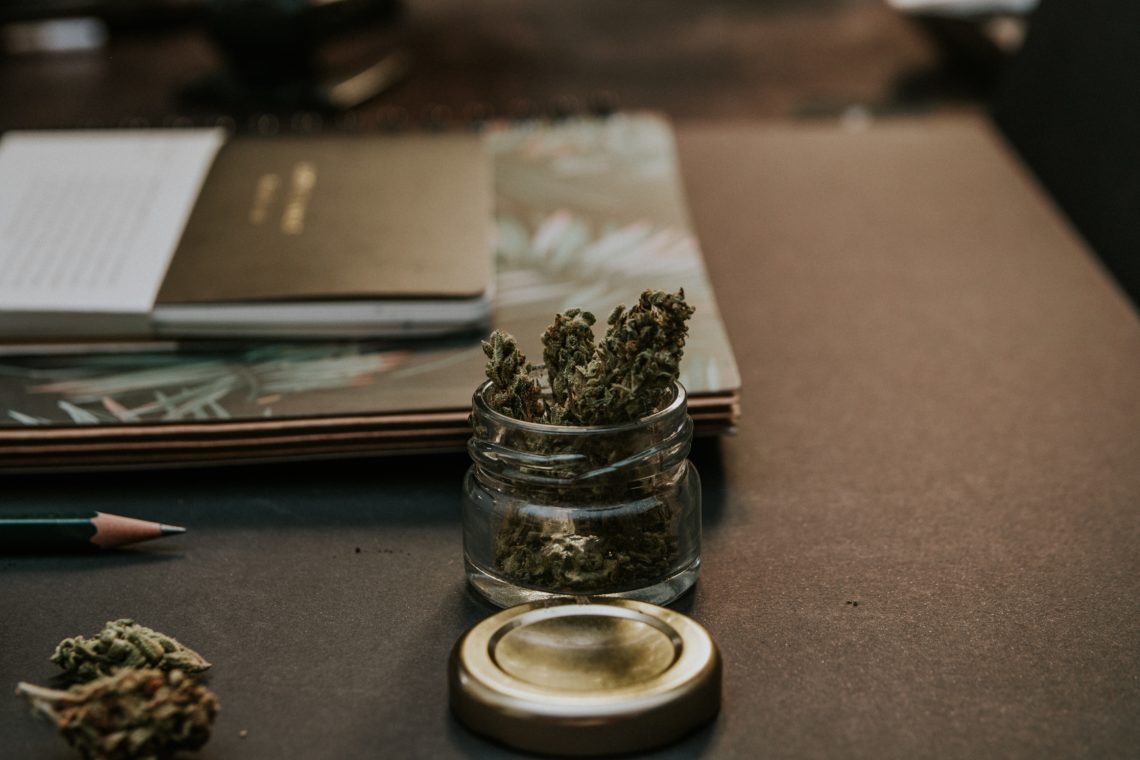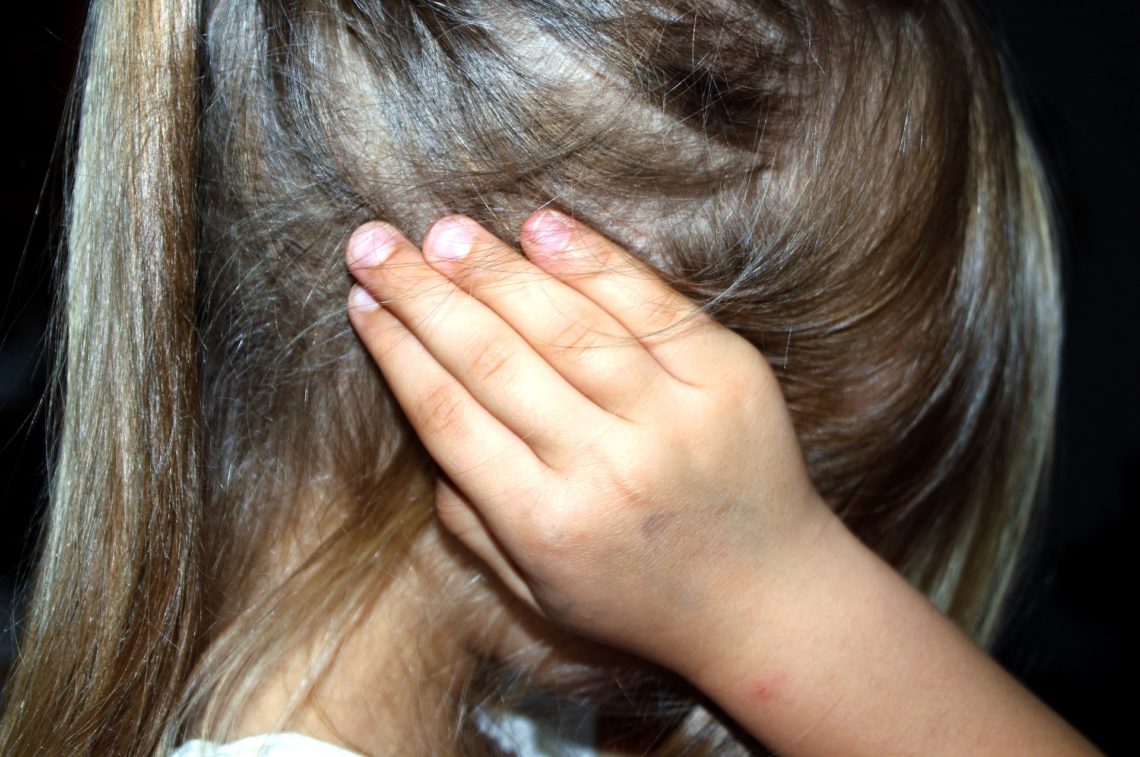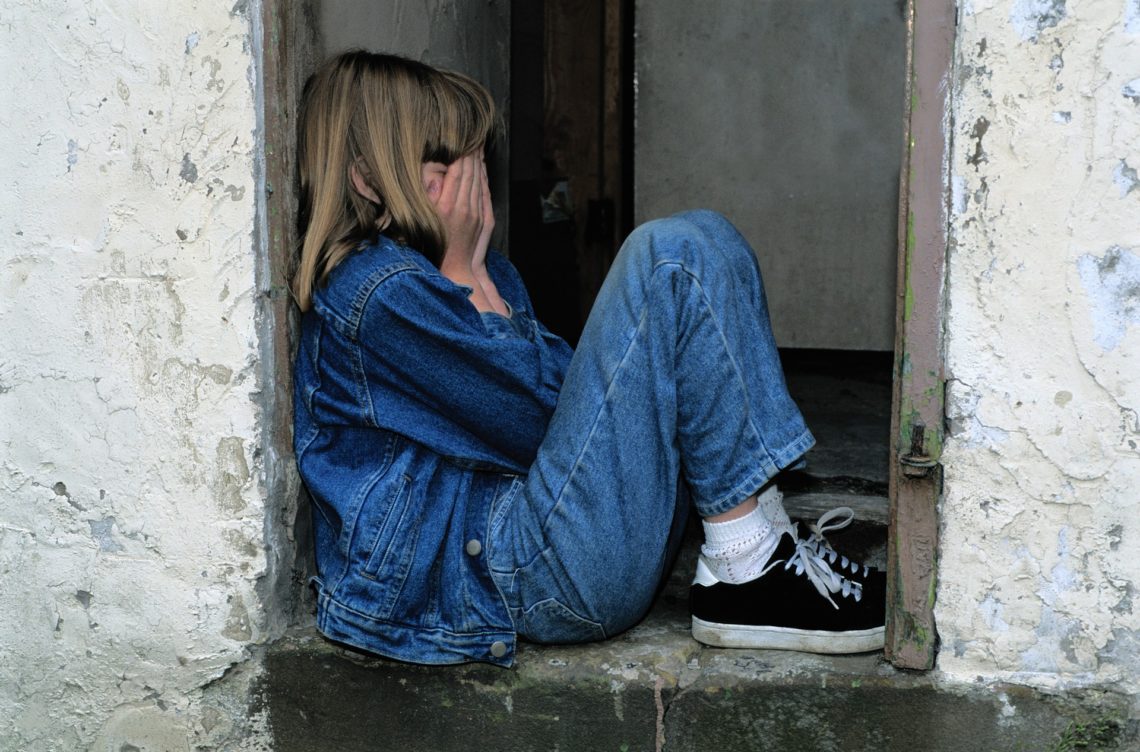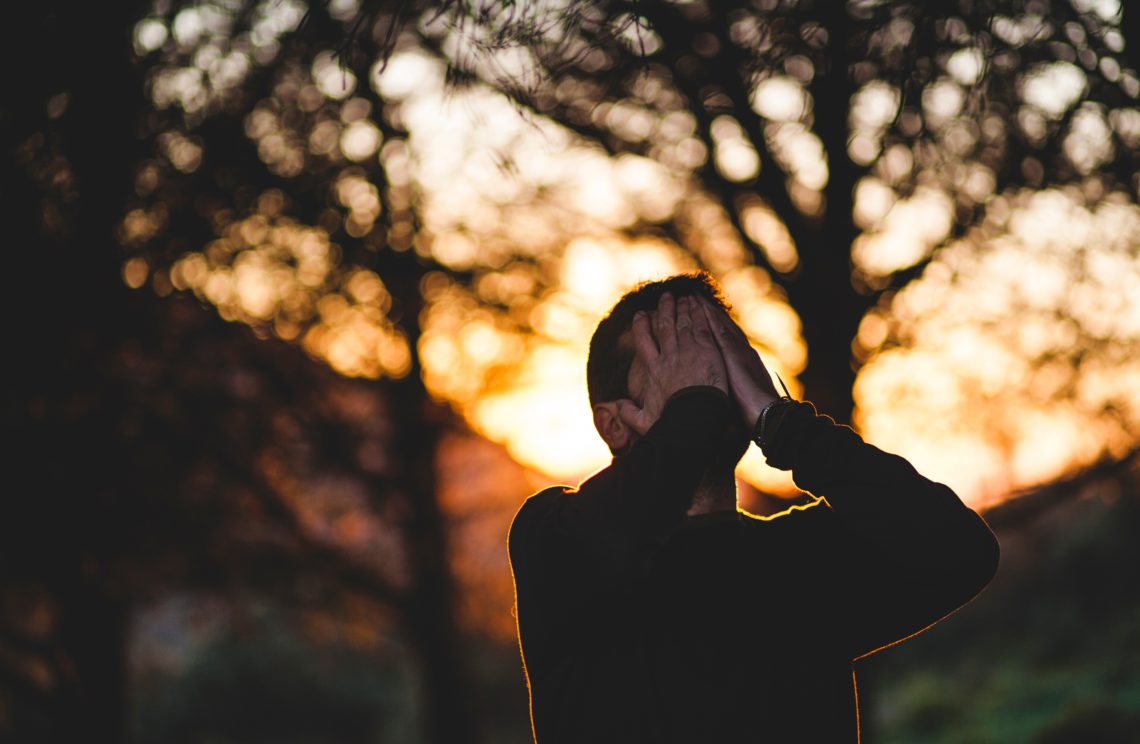-
Meet Dr. Andrew Rosen

Our very own Dr. Rosen was recently interviewed by VoyageMIA! See the full interview.
-
Can Using Medical Marijuana Increase Anxiety and Depression?

As of this writing, 30 states, Guam, the District of Columbia, and Puerto Rico all have approved the broad use of medical marijuana. Additionally, other states allow limited medical use and 8 states (and the District of Columbia) allow recreational use of the drug. Even though the use of pot and weed is becoming more acceptable, the Drug Enforcement Administration (DEA) still considers marijuana to be a Schedule I substance, meaning it is likely to be abused and it completely lacks medical value. This classification also means there hasn’t been much research into the efficacy of the drug for medical conditions and, in particular, we lack long-term studies that would tell us whether it is safe and/or effective when used over a long period of time.
-
7 Tips for Dealing with the Trauma of School Violence

The nation has been horrified to hear about another mass shooting this week. For many in South Florida, however, the trauma surrounding school violence has hit particularly hard because it happened right in our own backyard. Many people likely know someone or know of a family with a child who attends the Marjory Stoneman Douglas High School in Parkland, FL. Because of this, you might find it challenging to deal with your feelings about the event.
-
Multidisciplinary Treatment of Anxiety Disorders

On February 16, Dr. Andrew Rosen gave a talk to the Doctoral Program in Clinical Psychology at Nova SouthEast University on Multidisciplinary Treatment of Anxiety Disorders.
-
Gambling Addiction

We’d all like to be rich. Playing the lottery or making an occasional trip to Las Vegas or some nearby casino allows us to indulge in the dream of being wealthy someday. Bright lights lure us in and sporadic gaming payouts tempt us into believing we might just hit it big. But, while it’s generally fine for most people to wager on games of chance once in a while, for those at risk of a gambling addiction, giving into the temptation may trigger a slide into a gambling problem.
-
How Stress Affects Child Development

Stress surrounds us on a daily basis. From traffic delays to work projects, worries about finances or health, and news reports of world events, the demands of our everyday lives produce both positive and negative stress. Stressors (which are the things that cause your stress) can be physical, emotional, theoretical, or environmental. Even positive events like weddings and job promotions cause stress.
-
Treatment Resistant Panic Disorder: A Multidisciplinary Multimodality Approach

Panic Disorder is one of the most common anxiety disorders. Its impact on quality of life can be significant and incapacitating. One third to one half of panic patients demonstrate incomplete or absent remission after treatment. This Roundtable addressed the importance of the bio-psycho-social components of the evaluation and treatment of the resistant panic disorder patient.
-
LGBTQ Mental Health

Studies have shown that people who identify as lesbian, gay, bisexual, transgender, or questioning (LGBTQ) suffer from higher levels of anxiety and depression than the general public. In fact, approximately 30 – 60 % of the LGBTQ population have anxiety and depression and, as a whole, the LGBTQ community faces disproportionately high rates of suicide, self-harm, substance abuse and addiction. While there are many things that can influence a person’s mental and emotional wellbeing, prejudice and discrimination add additional trauma to LGBTQ mental health concerns.
-
ADAA Session Recording -Treatment Resistant Panic Disorder

Our team presented at the 2018 ADAA Conference on Treatment Resistant Panic Disorder: A Multidisciplinary Multimodality Approach. You can access the audio recording of our session here with the below login credentials.
-
Midlife Anxiety

When someone goes through dissatisfaction with their job or marriage and they are in their forties or fifties, the first thing everyone says is that they must be having a midlife crisis. We hear about this phase of life as people transition from young adult to middle age so often that it almost feels like a crisis is a “given”. And, on some level, it may be. As people go from being the young, carefree person of their twenties who is just getting established in a career or marriage, to the responsible person who is expected to have gotten their lives together by the time they reach their forties, it is inevitable that people will look back and second guess decisions or wonder “what if.” For many people, this emotional jolt can bring on midlife anxiety.
